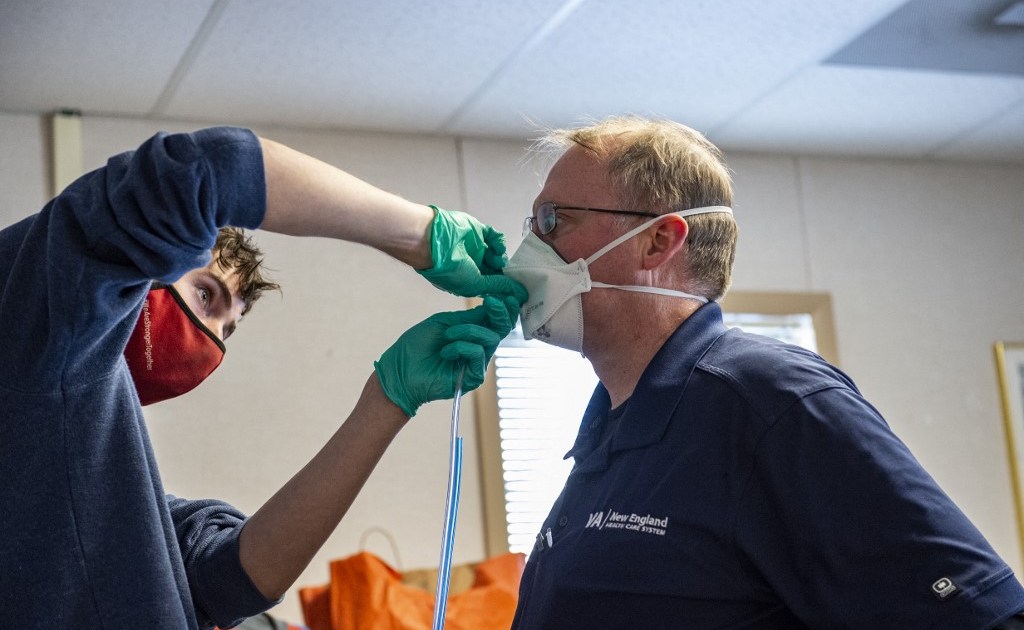Sri Lanka: How can the crisis be resolved? | TV News
On Thursday, May 12 at 19:30GMT:
Sri Lanka:
The political crisis in Sri Lanka took a violent turn this week following the resignation of Prime Minister Mahinda Rajapaksa. The clashes are believed to have started when pro-government groups attacked an anti-government protest site in the capital, Colombo. The city remains under curfew.
The prime minister’s exit still leaves his brother, Gotabaya Rajapaksa, as president, and that continues to spark public anger. The president has outlined broad powers for the military and police to detain and question people without arrest warrants. Local authorities report some 217 people have been injured and at least nine people have died so far.
Sri Lanka is also battling its worst economic crisis in history following the pandemic that hit tourism earnings, leaving the government grappling with rising oil prices and the impact of tax cuts.
We’ll discuss the latest from Sri Lanka.
Syria:
The UN children’s agency, UNICEF, warns that 12.3 million Syrian children are in need of aid both inside the country, and in the wider region where they’ve fled since the war began. UNICEF has received less than half of its funding requirements for this year.
This comes as international donors held a sixth pledging conference in Brussels earlier in the week. “World public opinion seems not to be able to deal with more than one crisis at the time,” European Union foreign policy chief Josep Borrell said as he opened the event. He noted “a certain fatigue” among donors saying, “Now it is Ukraine in the headlines. But don’t give up on Syria.”
Syria’s war is estimated to have killed half a million people and displaced millions since it began with a crackdown on anti-government protests in 2011.
We’ll discuss the impact on Syrian children and ask how donor fatigue can be combated.
Afghanistan:
The Taliban is once again requiring women to be covered up head to toe and permitting them to only go outdoors in the company of a male chaperone.
But in a first, punishment for not complying was also detailed: Male guardians of offending women will receive a warning, and for repeated offences they will be imprisoned for three days.
This decree comes as the country faces the worst humanitarian and economic disaster in decades, and millions face hunger and unemployment. The International Labor Organization says there will be an estimated 900,000 job losses by June this year, with women hit the hardest.
We’ll discuss the ongoing roll back of girls’ and womens’ rights in Afghanistan and ask how Afghan women’s rights activists are fighting back.
On this episode of The Stream, we speak with:
Minelle Fernandez
Correspondent, Al Jazeera English
Juliette Touma, @JulietteTouma
Regional Chief of Advocacy & Communications
UNICEF Middle East and North Africa
Pashtana Durrani, @BarakPashtana | @LEARNAFg
Director, LEARN Afghanistan




